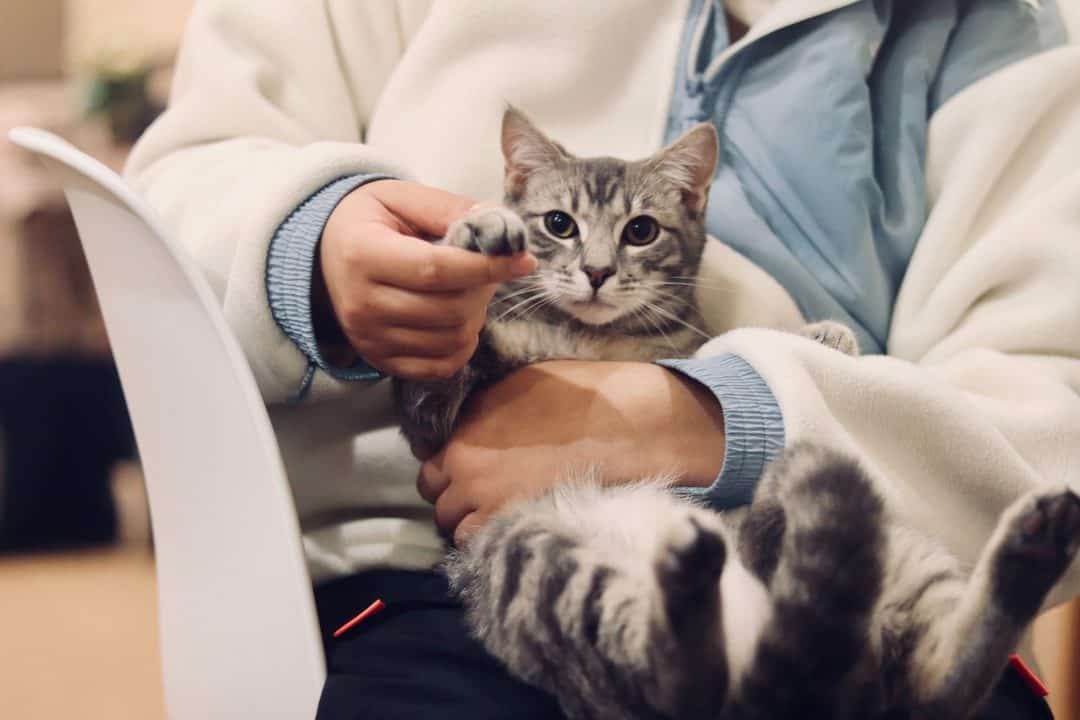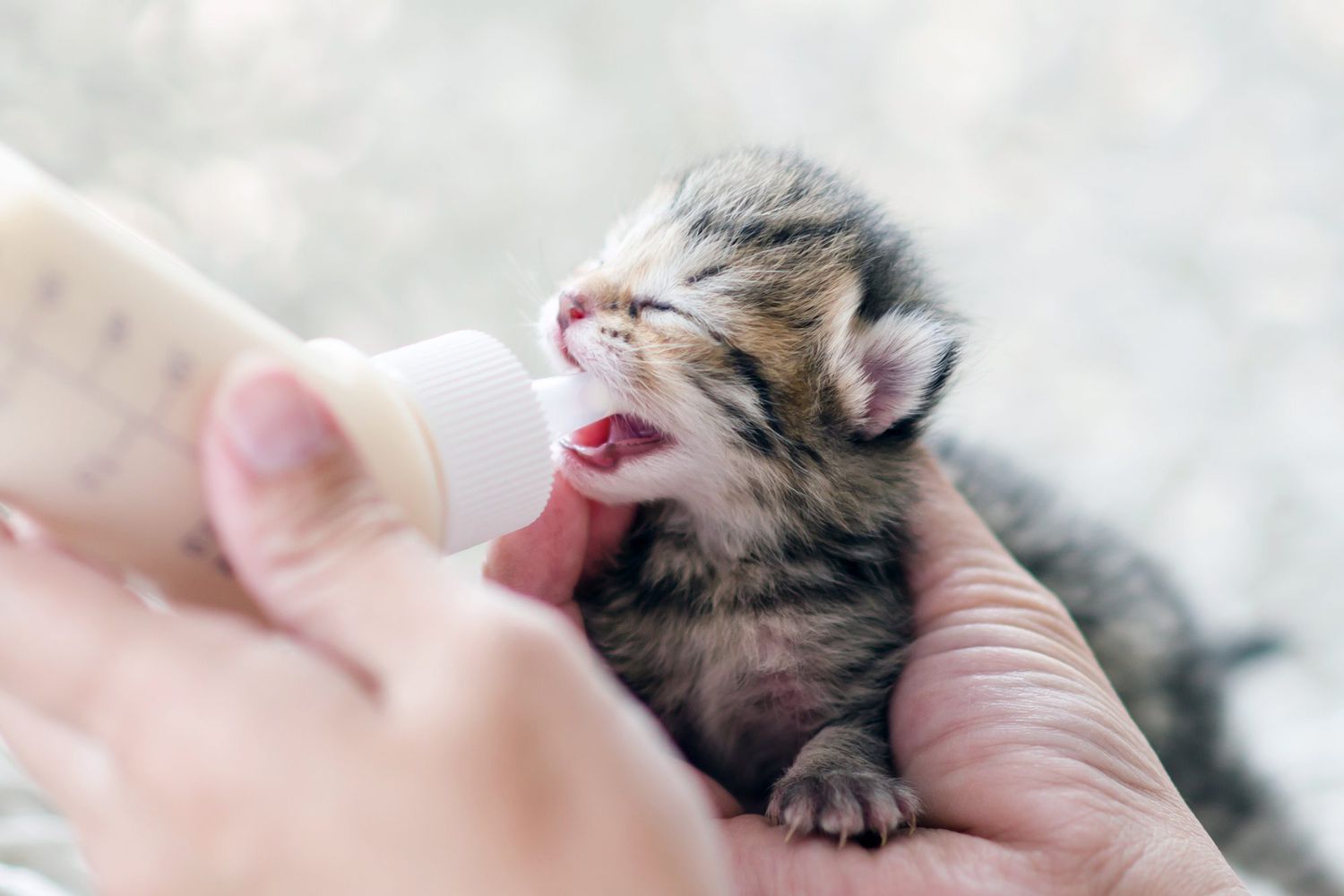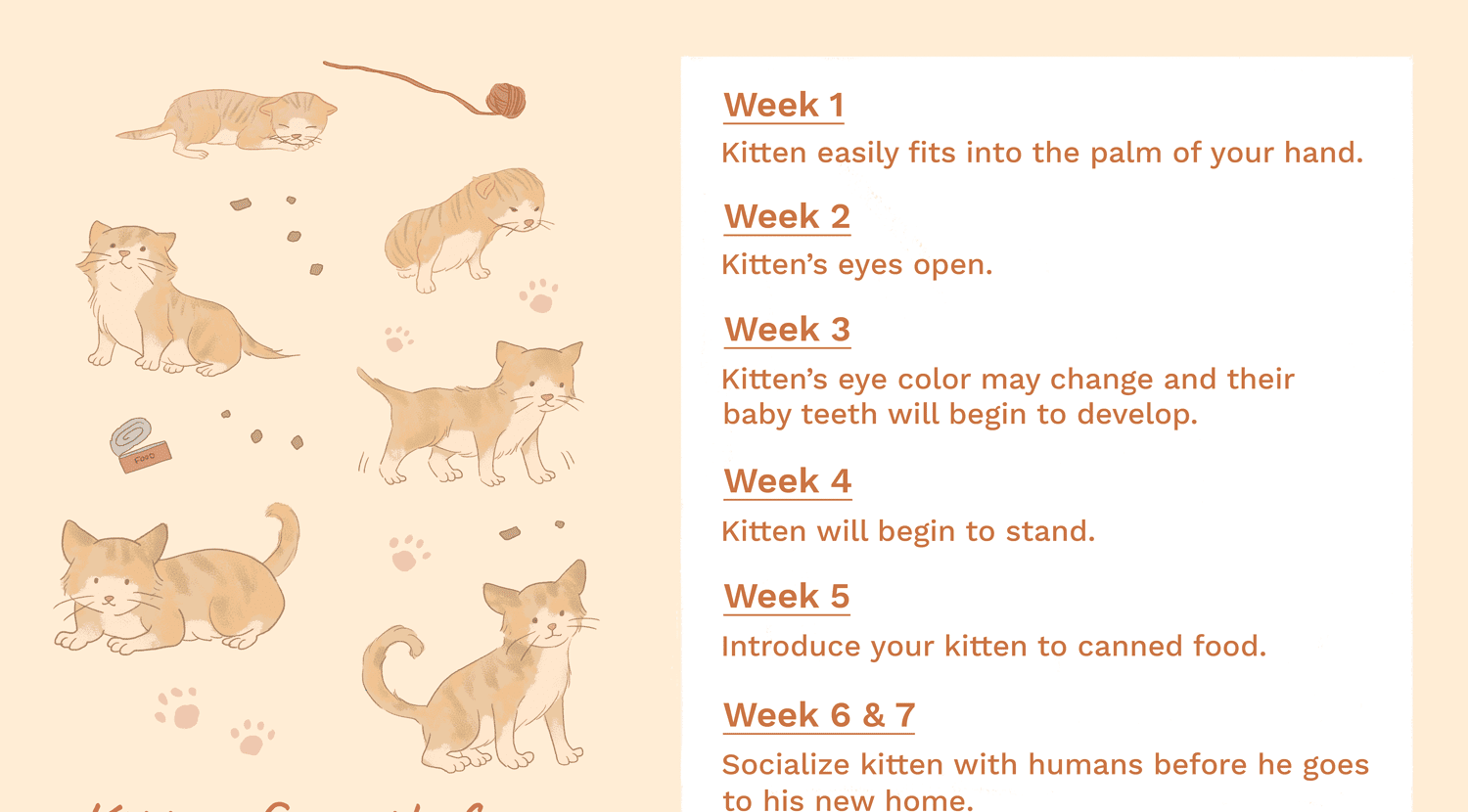Key Takeaways:
- Regular vet visits are essential for maintaining your cat's overall health and well-being.
- The frequency of vet check-ins depends on the age, health status, and specific needs of your cat.
- For healthy adult cats, an annual vet visit is generally recommended to monitor their health and update vaccinations.
- Kittens require more frequent vet visits, usually every three to four weeks until they reach four months of age.
- Cats with chronic conditions or senior cats may benefit from more frequent check-ins to manage their health issues effectively.
Are you a cat owner who wants to ensure the health and happiness of your feline friend? If so, then understanding the importance of regular vet visits is essential. By delving into the topic of how often your cat should check-in with the veterinarian, you can unlock a wealth of valuable information that will benefit both you and your furry companion. Did you know that cats are masters at hiding illness, making it crucial to stay on top of their healthcare? In this article, we will explore the optimal frequency for vet visits, providing you with the knowledge needed to keep your beloved cat in top shape. So, let's dive in and discover how often your cat should see the vet!
Why is it important for your cat to see the vet regularly?
Regular visits to the vet are essential for keeping your cat healthy and happy. Just like humans, cats can develop health issues that may not be noticeable at first. By taking your cat to the vet regularly, you can catch any potential problems early on and prevent them from becoming more serious.
During a vet visit, the veterinarian will perform a thorough examination of your cat, checking their overall health, teeth, ears, and eyes. They may also recommend vaccinations or preventive treatments to protect your cat from common diseases.
Benefits of regular vet visits for cats:
- Early detection of health problems
- Prevention of diseases through vaccinations and treatments
- Maintaining optimal weight and nutrition
- Monitoring changes in behavior or habits
- Keeping up with parasite control
The bottom line:
Taking your cat to the vet regularly is crucial for their overall well-being. It allows you to address any health concerns promptly and ensure that they receive the necessary care to live a long and healthy life.
How often should you take your cat to the vet for a check-up?
The frequency of veterinary check-ups for cats depends on their age and overall health. In general, it is recommended to take your cat for an annual check-up. However, kittens and senior cats may require more frequent visits.
Kittens need more frequent check-ups during their first year of life as they go through rapid growth and development. They typically require vaccinations at specific intervals to protect them against common diseases. Your veterinarian will advise you on the appropriate schedule for these visits.
Senior cats, on the other hand, may need more regular check-ups to monitor age-related health issues such as arthritis or kidney disease. Your vet will work with you to determine the best schedule for your senior cat's check-ups.
Recommended frequency of vet visits:
- Kittens: Every 3-4 weeks until they are about 16 weeks old
- Adult cats: Annual check-up
- Senior cats: Every 6 months
The bottom line:
Taking your cat to the vet for regular check-ups is essential for their overall health. Follow the recommended guidelines for their age group to ensure they receive the appropriate care and attention.
Signs that indicate your cat needs a vet visit
Cats are masters at hiding signs of illness or discomfort. However, there are certain signs and behaviors that may indicate your cat needs a visit to the vet. It's important to be observant and look out for any changes in your cat's behavior or appearance.
If you notice any of the following signs, it's time to schedule a vet visit:
Signs that indicate your cat needs a vet visit:
- Loss of appetite or weight loss
- Increase or decrease in thirst and urination
- Vomiting or diarrhea that lasts more than a day
- Lethargy or lack of energy
- Coughing, sneezing, or difficulty breathing
- Changes in litter box habits (e.g., straining to urinate)
- Sudden aggression or unusual behavior
- Visible lumps or bumps on the body
The bottom line:
Being aware of changes in your cat's behavior and appearance is crucial for identifying potential health issues. If you notice any concerning signs, it's best to consult with a veterinarian to ensure your cat receives the necessary care and treatment.
What happens during a typical vet check-up for cats?
A typical vet check-up for cats involves several steps to assess their overall health and address any specific concerns. The veterinarian will perform a thorough examination and may recommend additional tests or procedures based on their findings.
During the check-up, the veterinarian will:
Steps involved in a typical vet check-up for cats:
- Weigh your cat: This helps monitor changes in weight, which can indicate health issues.
- Examine the eyes, ears, nose, and mouth: The vet checks for any signs of infection, inflammation, or dental problems.
- P palpate the body: This involves gently feeling your cat's body to check for any lumps, bumps, or abnormalities.
- Listen to the heart and lungs: Using a stethoscope, the vet listens for any irregularities in heart rhythm or breathing.
- Check the skin and coat: The vet looks for signs of parasites, allergies, or skin infections.
- Assess mobility: The vet observes how your cat moves and may examine joints if there are any concerns about arthritis or stiffness.
- Determine vaccination needs: Based on your cat's vaccination history and lifestyle, the vet will recommend necessary vaccinations.
The bottom line:
A typical vet check-up for cats involves a thorough examination of their overall health, with specific attention to various body systems. The veterinarian will provide recommendations based on their findings and address any concerns you may have.
Vaccinations and preventive treatments for cats during vet visits
Vaccinations and preventive treatments are crucial for protecting your cat from common diseases and parasites. During a vet visit, the veterinarian will assess your cat's vaccination history and recommend necessary vaccinations based on their lifestyle and risk factors.
Common vaccinations for cats include:
Common vaccinations for cats:
- Rabies: Protects against the rabies virus, which can be transmitted to humans.
- Feline viral rhinotracheitis, calicivirus, and panleukopenia (FVRCP): Protects against respiratory infections and feline distemper.
- Feline leukemia (FeLV): Recommended for outdoor or multi-cat household cats as it protects against FeLV, a contagious disease.
In addition to vaccinations, preventive treatments such as flea control and deworming may also be recommended during a vet visit. These treatments help protect your cat from parasites that can cause discomfort or transmit diseases.
The bottom line:
Vaccinations and preventive treatments play a vital role in keeping your cat healthy. Follow your veterinarian's recommendations to ensure your cat receives the necessary protection against common diseases and parasites.
How regular vet visits can prevent health problems in cats
Regular vet visits are essential for preventing health problems in cats. By taking your cat to the vet regularly, you can detect potential issues early on and take proactive measures to prevent them from worsening or becoming more serious.
During vet visits, the veterinarian will assess your cat's overall health and provide recommendations for preventive care. This may include vaccinations, parasite control, dental care, and nutrition guidance.
Benefits of regular vet visits for preventing health problems:
- Early detection of diseases or conditions
- Preventive treatments to protect against common parasites
- Vaccinations to prevent contagious diseases
- Dental care to prevent dental disease and tooth loss
- Nutrition guidance for maintaining a healthy weight and preventing obesity-related issues
The bottom line:
Regular vet visits are crucial for preventing health problems in cats. By staying proactive and following your veterinarian's recommendations, you can help ensure that your cat stays healthy and lives a long, happy life.
Common health issues detected and treated during cat check-ups
Cat check-ups are essential for detecting and treating common health issues before they become more severe. During these visits, the veterinarian may identify various conditions or illnesses that require further examination or treatment.
Some common health issues detected and treated during cat check-ups include:
Common health issues detected during cat check-ups:
- Dental disease: The vet may find signs of gum disease, tooth decay, or oral infections.
- Fleas or ticks: Regular checks can help identify external parasites that can cause discomfort or transmit diseases.
- Urinary tract infections: Changes in urination habits may indicate a urinary tract infection that requires treatment.
- Skin allergies: The vet may identify signs of allergic reactions or skin infections that need attention.
- Obesity: Regular weigh-ins can help monitor your cat's weight and address any concerns about obesity.
- Arthritis: The vet may identify signs of joint inflammation or stiffness, especially in older cats.
The bottom line:
Cat check-ups are crucial for detecting and treating common health issues early on. By addressing these issues promptly, you can prevent them from worsening and ensure your cat's well-being.
Tips to make the vet visit less stressful for your cat
Visiting the vet can be stressful for cats, but there are steps you can take to make the experience more comfortable for them. By preparing ahead of time and creating a positive environment, you can help reduce your cat's anxiety during vet visits.
Here are some tips to make the vet visit less stressful for your cat:
Tips to make the vet visit less stressful:
- Use a secure carrier: Choose a carrier that is sturdy, well-ventilated, and secure. Familiarize your cat with the carrier before the visit by leaving it open at home with comfy bedding inside.
- Create a calm environment: Keep noise levels low and provide a quiet space in the waiting room away from other animals if possible.
- Bring familiar items: Bring along your cat's favorite blanket or toy to provide comfort during the visit.
- Reward with treats: Offer treats or praise throughout the visit to create positive associations with the experience.
- Stay calm and reassuring: Cats can sense their owners' anxiety, so it's important to stay calm and provide reassurance throughout the visit.
The bottom line:
By implementing these tips, you can help make the vet visit less stressful for your cat. A calm and positive experience will not only reduce their anxiety but also make future visits easier.
In conclusion, it is important to take your cat for regular check-ups at the vet. This helps ensure their overall health and catch any potential problems early on. It is recommended to schedule a visit at least once a year, but consult with your vet for personalized advice.
How often should you check in on a cat?
Visiting your cat twice a day or more is recommended for cats who have two meals a day, cats who require medication, and for kittens and older cats who need more frequent check-ins. The length of these visits can vary depending on your cat's specific needs.
How often should cats have vet check ups?
It is recommended to take otherwise healthy cats for annual veterinary check-ups during their Adult and Mature life stages. These visits primarily focus on disease prevention and ensuring the overall well-being of your cat.
How often should an indoor cat go to the vet?
It is recommended that adult indoor cats visit a veterinarian for wellness check-ups every 6 months. This will allow the vet to become familiar with your cat's normal behaviors and weight, making it easier to detect any early signs of illness or changes.
Do cats really need an annual checkup?
Cats should receive an annual check-up to ensure their health, as they are known to hide signs of illness. Even indoor cats need regular wellness exams. During these exams, veterinarians thoroughly examine cats from head to tail to identify any changes that may indicate disease.
Should a cat sitter come every day?
Even if a timid cat tends to hide from their cat sitter, it will still benefit from a daily visit that occurs at the same time each day. This helps the shy cat establish a new routine where the cat sitter arrives daily and provides them with food.
Can I leave my cat alone for 10 days?
While cats are generally independent animals, it is not recommended to leave them alone at home for more than 2-3 days. If you have a young kitten, an older cat, or a single cat, it is better to limit the time to 1-2 days. However, you are the best judge of your cat's needs and behavior.
















